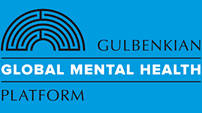Mental health services in Liberia: building back better

Training for primary health workers scaled up during Ebola response
WHO plans to train 1300 health workers in this programme by the end of 2016.
A focus on ensuring care in the community
Nongovernmental organizations can help reduce stigma
Severe shortage of medicines an ongoing challenge
